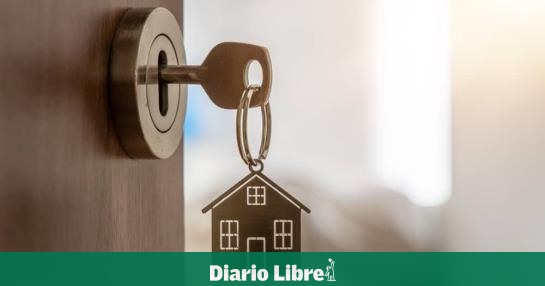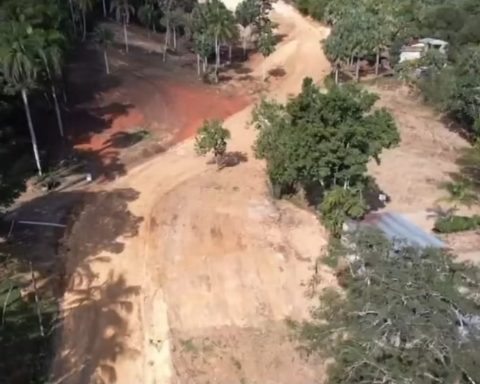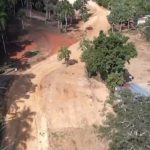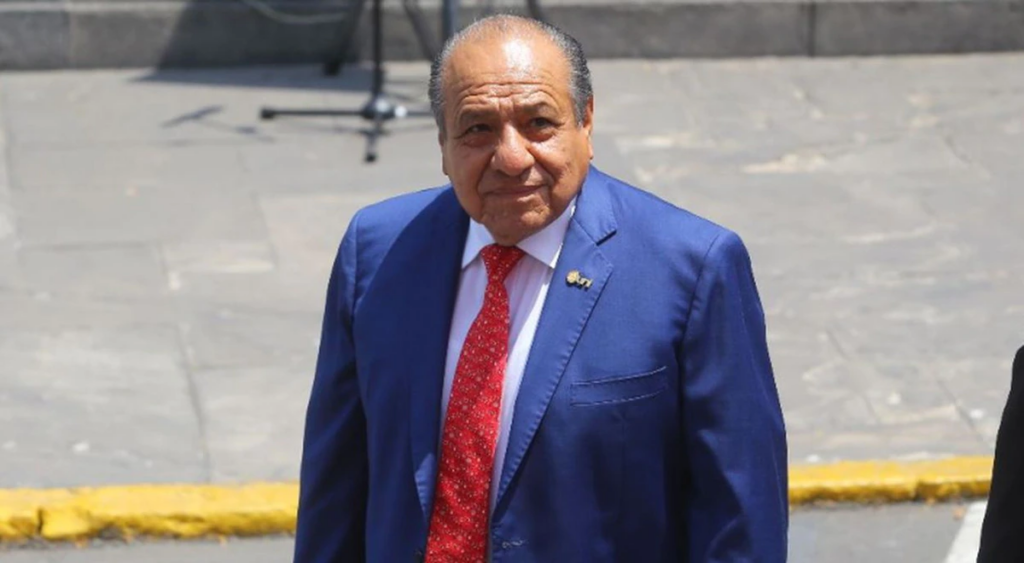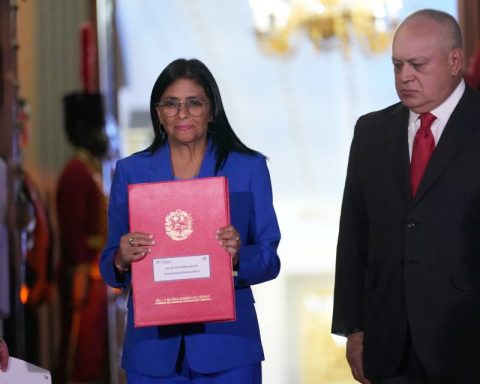This year, Pedro Mejía increased the monthly rent of two apartments he has rented in Santo Domingo Este by 3,000 pesos. And for a family in Bávaro, their landlord raised their rent from $400 to $440 and made them sign a new lease that calls for a 10% annual increase.
The above cases are examples of the rise in income that is recorded in different cities of the country, attributed to inflation, added to the scarcity of households for family occupancy that real estate agents attribute to the hoarding of short rent, Airbnb type, since projects are still under construction to be delivered.
The Central Bank reported yesterday that the accumulated inflation during the first three months of this 2022 reached 2.80%, while the year-on-year rate stood at 9.05% at the end of March.
“Yes (the tenants) complained, and we adjusted it, because it was more than it should have increased,” says Mejía, who raised the rent of one apartment from 12,000 to 15,000 pesos, and the other from 13,000 to 16,000 pesos, both in the San Isidro highway.
The households in this area they have experienced an increase in their prices, influenced by the real estate demand in the area, explains Reyna Echenique, member of the Association of Real Estate Agents and Companies (AEI).
“In the 2018-2019 range, an apartment with three bedrooms, two bathrooms (…), for a normal family, was rented between 15 and 18 thousand pesos, but as of 2021-2022, the same apartment is costing 22 to 23 thousand pesos”, reports Echenique. She estimates that increases are higher in Santo Domingo Este than in Santo Domingo Norte.
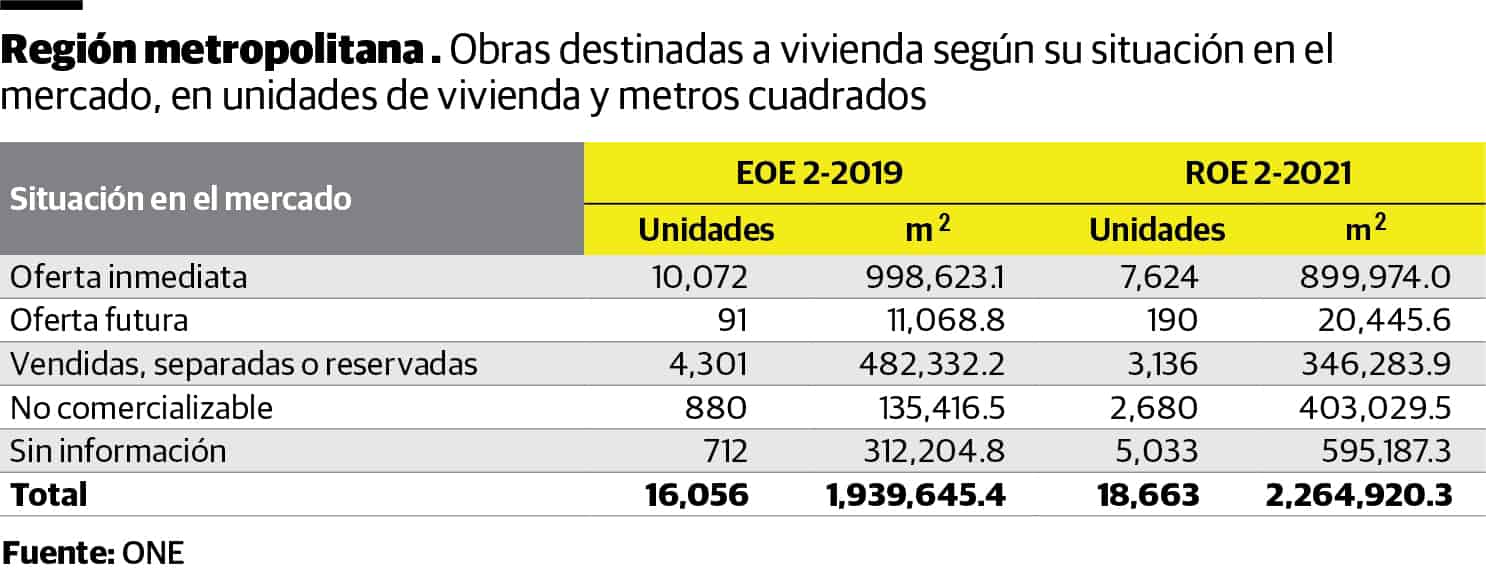
Shortage of units
The main reason that Echenique mentions for the scarcity of households for families is the hoarding of short rent through platforms such as the globally popular Airbnb and other modalities.
The above also occurs in the National District, reports the president of the AEI, Alberto Bogaert, who also highlights that the one and two-bedroom units are the most built in the demarcation, whose vocation is not aimed at families.
Tourism Minister David Collado has reported that there are 53,000 rooms available for platforms such as Airbnb and others, when the private hotel sector has 83,000.
“I have a request from two families and we have not found (rental housing),” says Echenique, who also reports a shortage of houses in East Santo Domingo, because many buy them to demolish them and build apartment buildings.
“There is a lot of demand, many people looking for it, and there is little supply,” says César Lozada, former regional president of the AEI, for Santiago.
It highlights that many projects purchased in plans are under development, with delivery within one to two years, which would affect the shortage of rental units in the city.
